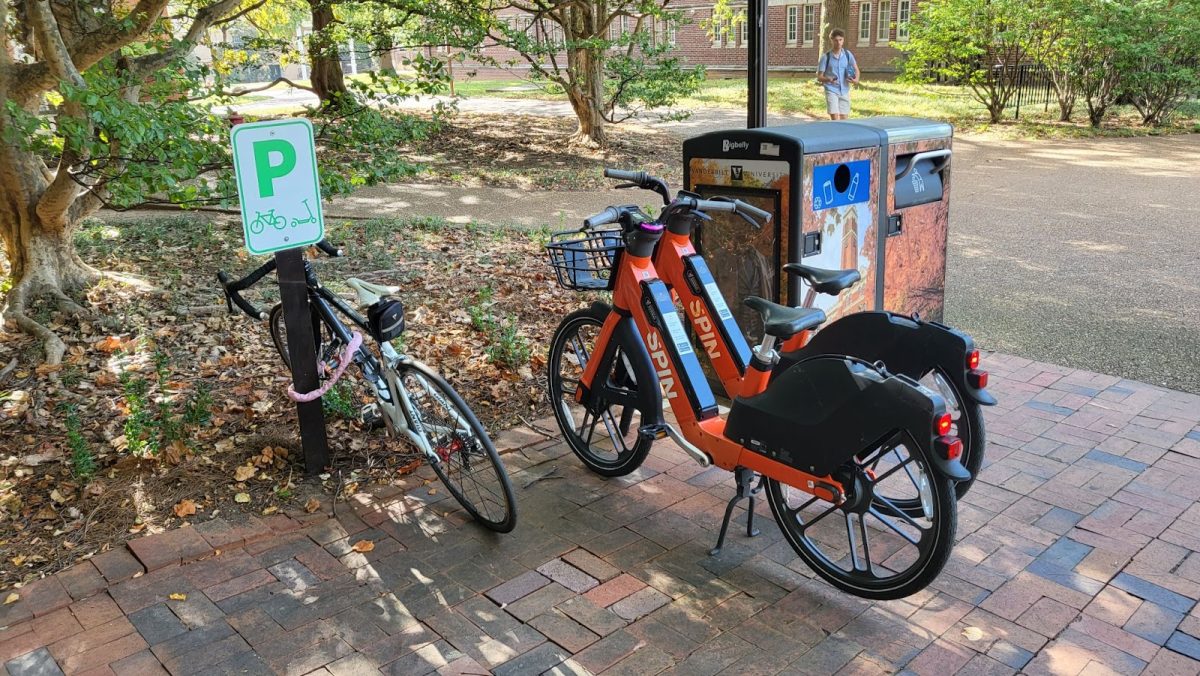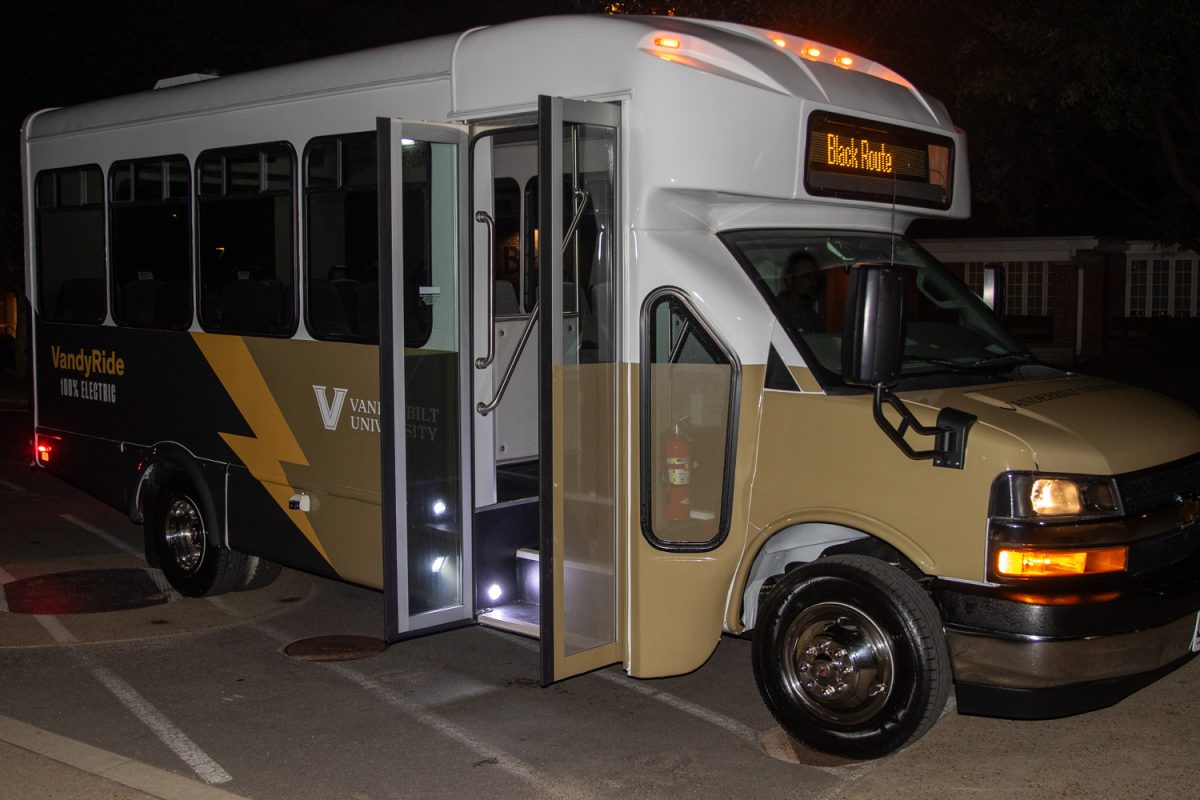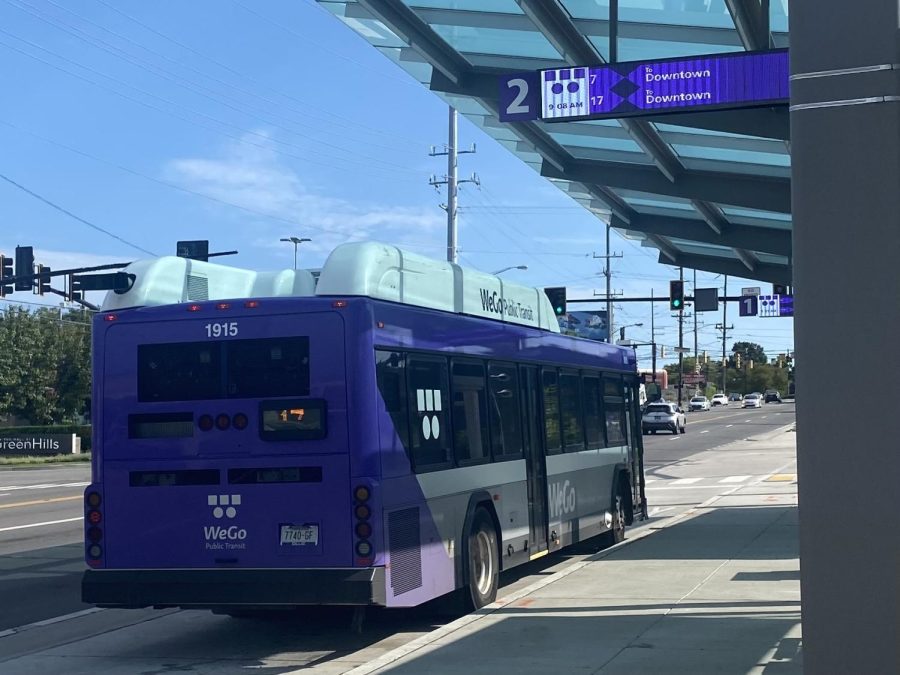Vanderbilt recently partnered with Spin, an electronic bike and scooter sharing company, to provide shared e-bikes to Vanderbilt students, faculty and staff at a per-minute fee.
Riders are charged with a $1 unlock fee and, at the end of their ride, they incur per-minute fees of $0.59. Failure to comply with this requirement may result in fines up to $100 at Spin’s discretion. A credit or debit card can be linked to the rider’s Spin app to make payments.
This implementation aligns with the university’s MoveVU and Future VU initiatives that, among other goals, aim to shift commuting habits away from single-occupancy vehicles and parking lots and towards sustainable transportation and green spaces. The university also recently introduced an all-electric fleet of Vandy Rides.
The collaboration with Spin is not the first time Vanderbilt has introduced shared bikes on campus. In 2018, the university partnered with Ofo, the world’s first and largest dockless bike-share company, to bring 100 dockless bicycles to campus in an experimental six-month pilot program. However, the Ofo partnership had a limited duration, serving as a pilot to Vanderbilt’s current bike share program with Spin.
According to Vanderbilt’s Transportation and Mobility Office, the goals of the Ofo partnership were to determine campus interest in the program and study its operation on a small scale before considering future expansion. Additionally, data gathered from the Ofo rides helped define preferred bike routes and parking spaces on campus, which has informed subsequent bike-sharing initiatives.
As part of the Spin partnership, nine dedicated e-bike parking spaces have been established at Wilson Hall, Sarratt Student Center, Branscomb Quadrangle, Stevenson Center, Commons, Blakemore House, the Rec, Highland Quadrangle and Blair School of Music. To successfully end a trip, riders are required to return their e-bikes at designated parking spaces.
Sophomore Eric Chu said he appreciates the convenience of the new bikes.
“I can easily get around campus and return bikes both on and off campus, considering there are many [designated parking spaces] in town,” Chu said.
First-year James Alan added that he hopes more bikes are added to the program.
“I’ve tried using the new Spin bikes and I like them,” Garson said. “They’re also kind of hard to find, though.”
The Transportation and Mobility Office stated that a comprehensive evaluation of the initiative’s impact will be conducted at the end of the 2023-24 academic year. This assessment will help determine possible expansions and enhancements to the e-bike sharing initiative.







rcamain78@naver.com • Sep 13, 2023 at 4:52 pm CDT
Thank you for the useful information